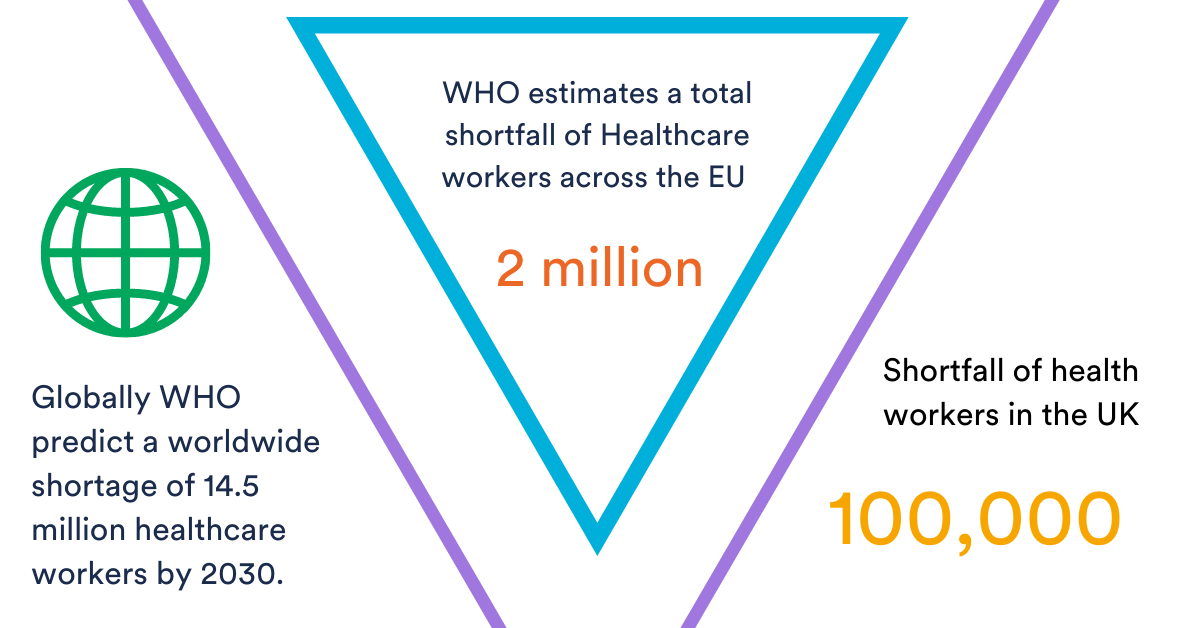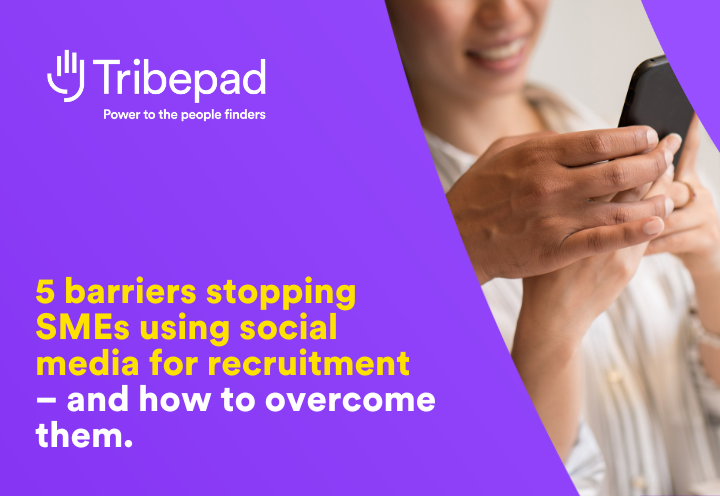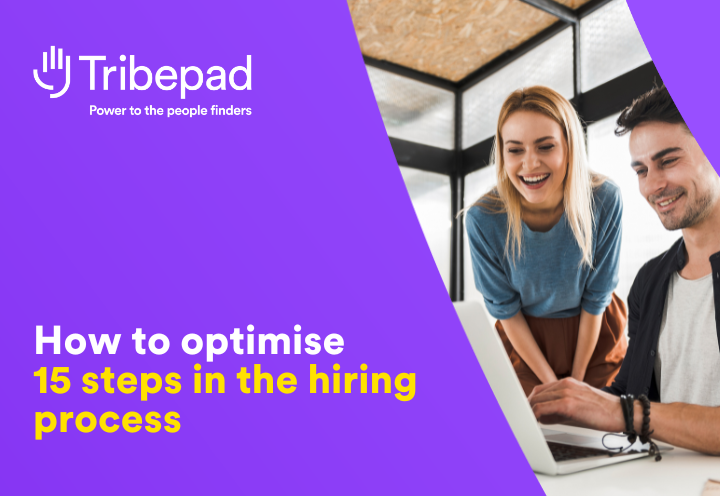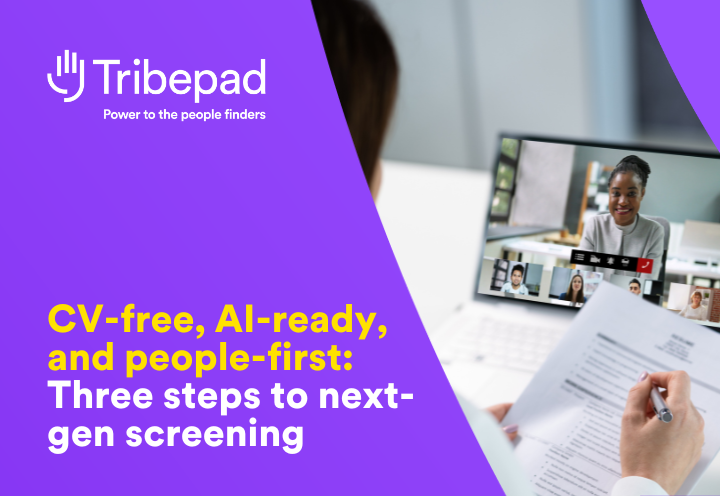The global healthcare sector’s problems of escalating demand, budget pressures, and caregiver shortages existed long before COVID-19. However, the current crisis has disrupted both the nature and the timeline of industry transformation.
Deloitte say talent-related challenges are one of the four biggest threats healthcare organisations face today. That’s not only a recruitment problem – it’s also a wider issue around how we engage, retain, train, motivate, promote and reward healthcare professionals.
But recruiters do play an instrumental role – and have huge power to help the healthcare companies you support evolve. Ultimately, better recruitment powers better care outcomes – that’s what it’s all about.
Let’s dig into the six biggest challenges healthcare recruiters face today.
1 – Candidate attraction
Staff shortages have always been an enormous issue in healthcare:
- In the UK. There’s been a shortfall of around 100,000 health workers for years across NHS trusts. A thinktank predicts that could hit 350,000 by 2030 – leaving one in six posts unfilled.
- Across the EU. The World Health Organisation (WHO) estimated a shortfall of two million health professionals – that’s 15% of the workforce – across the EU in 2020.
- Globally. WHO predicts a worldwide shortfall of 14.5 million healthcare workers by 2030.

During the pandemic, there were some positive signs for healthcare recruiters. As unemployment across hospitality plummeted and healthcare demand spiralled, new people were drawn into the sector.
Unfortunately that didn’t last. As sectors start to cautiously reopen their doors, we’re seeing a mass exodus away from healthcare again, and a return to pre-pandemic shortage levels.
In the UK, the situation is becoming even more urgent thanks to the application of a points-based immigration system to healthcare.
If healthcare recruitment can’t turn the tables, deteriorating care quality and worsening patient outcomes are on the horizon. For healthcare recruiters, then, there are major challenges around attracting workers into the sector.
2 – Retention
If attracting healthcare workers into the sector is one challenge, keeping them there is another. Healthcare turnover is notoriously high:
- Since 2015, the average hospital has turned over 89% of its workforce
- Over two years, the average healthcare practice has a 53% turnover rate
- Across all healthcare roles, 24% of all new hires left within a year
- Nurse turnover runs as high as 37%, depending on location and specialism
Even if healthcare doubles, or triples, or quadruples, successful fill rates – there’s no point pouring water into a leaky bucket. More to the point, it’s a waste of time and money – when healthcare recruiters are already short on both.
Plugging the leak must be an urgent priority for healthcare through 2022 and beyond.
And any approach must be cross-functional, not just recruitment-led. Early turnover suggests an urgent focus on onboarding is needed. But the whole picture needs examining too, to understand where turnover is worst. Everyone involved with people processes in healthcare must be asking:
- Are we bringing the right people into the business?
- Are we setting them up to succeed from day one?
- Are we creating cultures where they want to stay?
- Are we empowering them to feel fulfilled and motivated?
- Are we providing training to allow lateral movement in-sector?
- Are we offering enough career progression opportunity?
- Are we safeguarding well-being, especially in the aftermath of a crisis?
3 – Rising costs
Challenging staff shortages and abysmal turnover drive-up time-to-hire and increase advertising and agency spend. Often dramatically.
- One in five of all licensed doctors in the UK work as locums.
- Around 80% of the NHS’ nursing shortfall is filled by agency workers.
- The average staffing agency margin in healthcare is 31%.
Right when organisations across every sector can least afford rising costs and plummeting results, following severe global disruption. Unless healthcare companies stop haemorrhaging spend, it’s care quality that will suffer.
Healthcare recruiters, then, must urgently look for cost-efficiencies throughout the recruitment cycle. The age-old ‘do more with less’ dilemma has never been so crystallised.
One huge element of that will be reducing reliance on agencies. Both through reducing permanent staff shortfalls and moving towards in-house contractor management when using contractors makes sense.
4 – Hiring management involvement
Healthcare recruiters face compounding pressure to hire faster. Not only to meet urgent quotas, but because time-to-hire impacts candidate acceptance rates.
Hiring managers are often a major bottleneck. According to Jobvite:
- 56% of recruiters say their biggest bottleneck is hiring managers moving candidates through hiring stages too slowly.
- 43% of recruiters say their biggest bottleneck is hiring managers reviewing CVs too slowly.
- 25% of recruiters say they’ve witnessed or experienced a candidate interview that took four or more hours.
That’s especially acute right now, as healthcare professionals on-the-ground battle huge pressure, increasing workloads, rising burnout and fatigue. It’s the perfect storm, where recruiters need hiring managers on-side more than ever, but hiring managers have less time (and likely inclination!).
Healthcare recruiters must urgently address this dynamic to accelerate the overall recruitment process. If recruitment is a burden for hiring managers, it simply won’t get done. And it’ll then increase the burden on recruiters, who’re under escalating pressure themselves.
Finding ways to get more from your time-strapped hiring managers is better for everyone – candidates, recruiters, hiring managers and the people they care for.
(And it’s definitely not about cajoling hiring managers to do more, which only damages relationships more long-term. Start from a position of empathy!)
5 – Black holes
Lack of data visibility is a big issue in almost every industry. But it’s extrapolating in healthcare as pressured, time-poor recruiters increasingly lose control over the recruitment process.
Most healthcare recruiters we speak to say they simply don’t have any visibility. Not only over, say, recruitment spend but over basics. Like:
- How many roles are open, where?
- How long have those roles been open?
- Why have those roles stayed open?
- How many candidates have applied?
- Which sources do candidates come from?
- How many candidates are we interviewing?
- Who’s accountable for what, when?
- Which hiring managers are doing what, when?
- How are recruiters or teams performing?
Lack of visibility over questions like these causes confusion and time-consuming duplication of efforts. More important, it stops you identifying the efficiencies and improvements that would positively impact delivery.
You recognise the symptoms – rising recruitment costs, threatened care ratios, even CQC enforcement action – but black holes mean you can’t diagnose or cure the problem.
Healthcare recruiters need to harness data to their advantage, to move the needle on their most important outcomes.
6 – ED&I progress
For all the good intentions, recruiters in many industries have paid little more than lip service to EDI for years. It’s been hard to make EDI a priority when battling so many other priorities, many of which directly impact care outcomes.
But healthcare recruiters can’t afford to view EDI as a luxury anymore.
EDI has become a major priority for jobseekers – not only those from underrepresented groups but everyone. Glassdoor find that 67% of jobseekers consider diversity of workforce as a factor when evaluating companies and job offers.
Being seen not to take action damages employer brand and exacerbates healthcare’s already dire skills shortages. Building a fair, inclusive recruitment process also matters because it enables recruiters to tap into talent pools you might otherwise have neglected.
Healthcare recruiters face an urgent imperative to make real progress on EDI – doing your part to build a more equal, diverse and inclusive workforce.
Healthcare’s workforce challenges are a shared burden
The onus for addressing healthcare’s workforce challenges isn’t only on recruiters. Recruiters are the gatekeepers – physically responsible for placing people into roles – but you can only work with what you’re given.
Employer brand, workforce diversity, culture, purpose, colleagues, management style, workloads… these things all impact engagement, retention and ultimately feed back into recruitment.
That said, healthcare recruiters must address the six huge challenges we’ve discussed in this piece – or ultimately, quality of care will suffer.
Do these challenges align with your experiences? What’s been working for you? We’d love to hear your perspective.




